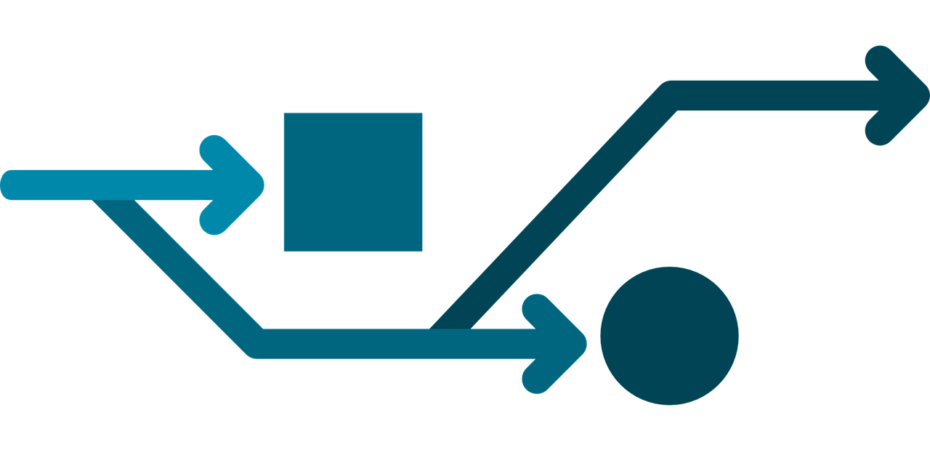After the first run of this session in May, we repeated it in National Postdoc Awareness Week 2020. Additional links mentioned in the re-run session are below. I also mentioned the keynote I gave in the national celebrations which you can find here:
Recognition of Research Talents (also another talk on Careers in Academia and Beyond on the same link).
There’s been a clear push from funders to influence research culture. Some of the most obvious developments have come from UKRI (through the focus on people and team development in their Future Leaders Fellowship), from Wellcome (with their survey and townhall meetings on research culture) and the Royal Society with their Changing Expectations campaign. A recent addition to the Royal Society’s toolkit for shaping culture is the Resume for Researchers. I’ve run sessions for many years trying to encourage research staff to think about their wider contributions to their groups, institutions and wider communities. This is usually in the context of career change, but over the last ten years, these conversations have been woven into fellowship and grant writing events.
This session was in development as part of our Career Management and Support strand, but seeing the resume gave me a simple structure to work with. You can download the Resume For Researchers document and start the think about what you will include in your personal narrative with help from the guidance on the Royal Society site and the recording of the short session on Broadening Your Employability.
Session Recording (will open in Media Hopper) (May2020 recording)
Building Your Employability Slides
Resume for Researchers guidance
Extra links from the September PAW session:
Advice on updating/setting up your PURE profile
Edinburgh Innovations Consultancy support and advice
The UKRI narrative CV guidance and template.
This training was developed to support our research staff including our Train@Ed cohort of fellows. Train@Ed has received funding from the European Union’s Horizon 2020 research and innovation programme under the Marie Skłodowska‐Curie grant agreement No. 801215


